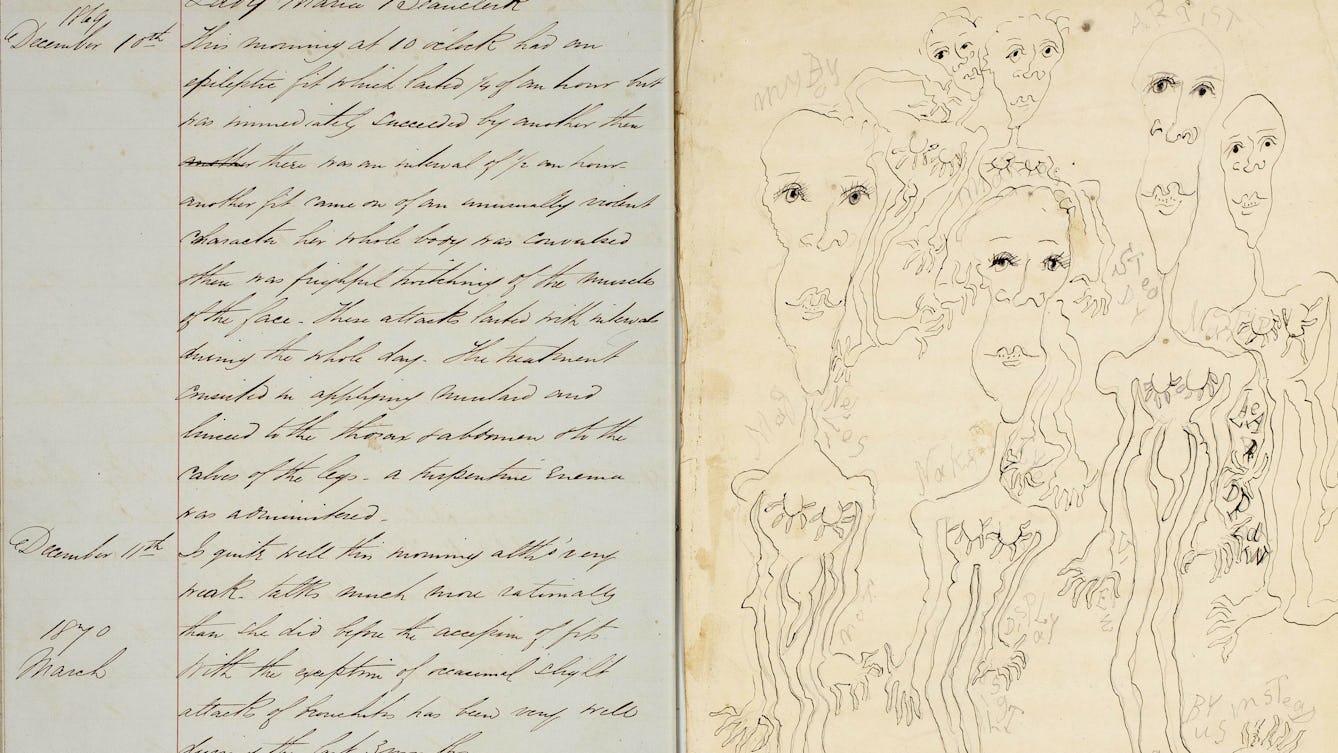
- Article
- Article
Uncovering experiences of dementia
Focusing on three 19th-century women’s case notes, Millie van der Byl Williams explores how our definition of dementia has changed.
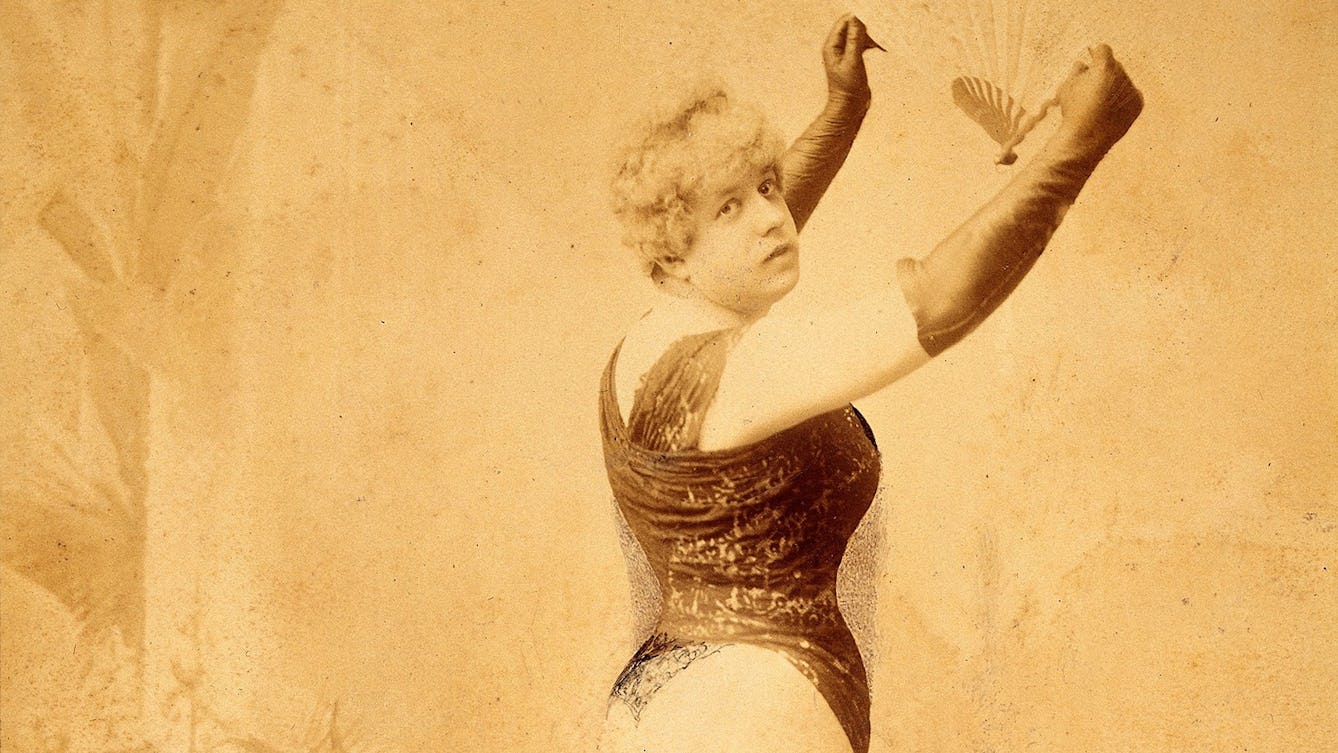
- Article
- Article
Photographs as evidence of gender identity and sexuality
Intriguing photographs from sexologists’ archives suggest they could have helped people explore their gender identity and sexuality.

- Article
- Article
Disability, education and prejudice
In the 1960s and 1970s, thalidomide survivors had to fight for a proper education. If they weren’t brought up in institutions, they were often viewed as objects of curiosity, encountering verbal and sometimes physical abuse, both at school and in the world beyond.

- Article
- Article
Can isolation lead to manipulation?
Military-funded researchers wanted to know if isolation techniques could facilitate brainwashing. One neuroscientist suggested that it might improve our own control over our minds.

- Article
- Article
Conflicted and confused about lithium
Covid-19 left Laura Grace Simpkins out of work and living back with her parents. She now had time to restart her research into her medication, but was she mad to continue?

- Long read
- Long read
Rehab centres and the ‘cure’ for addiction
Guy Stagg takes us on a brief history of rehab centres and their approaches to addiction and recovery.

- Article
- Article
Rediscovering Margaret Louden, a forgotten NHS hero
Bored during lockdown, David Jesudason started bin diving at night. Then a chance discovery set him on a new path: to tell the story of a forgotten female surgeon.

- Article
- Article
It’s getting mighty crowded
Mid-20th-century population-density research on mice produced a whiskered apocalypse, predicted to become the fate of humans too. But perhaps a more compassionate approach could fend this off.
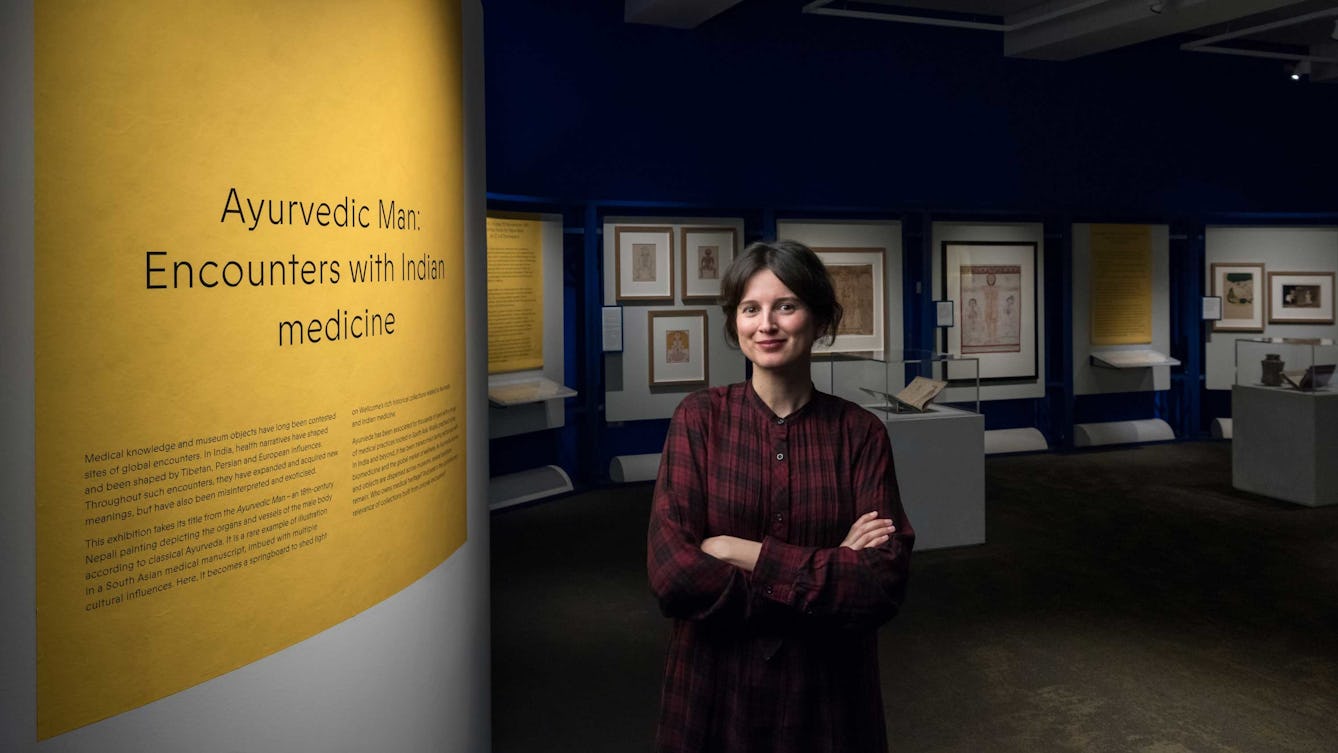
- Interview
- Interview
Inside the mind of Ayurvedic Man’s curator, Bárbara Rodriguez Muñoz
The choices a curator makes – what goes in? what stays out? why? – are often as fascinating as the exhibition itself.
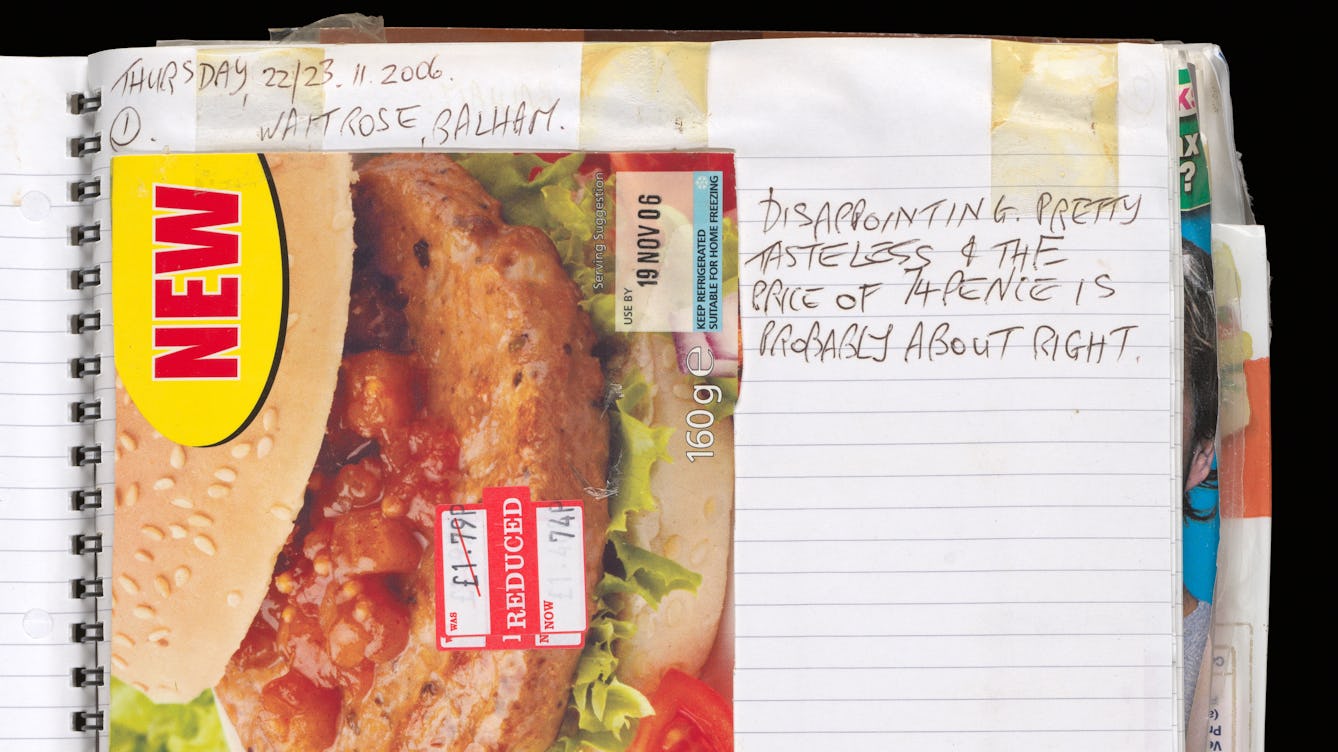
- Article
- Article
Audrey in the world
As the collection is fully catalogued, the archive is opened up to the public. A feature film about Audrey premieres, and Audrey gets her own Wikipedia page, so people can learn about her. For archivist Elena, it’s time to step back.
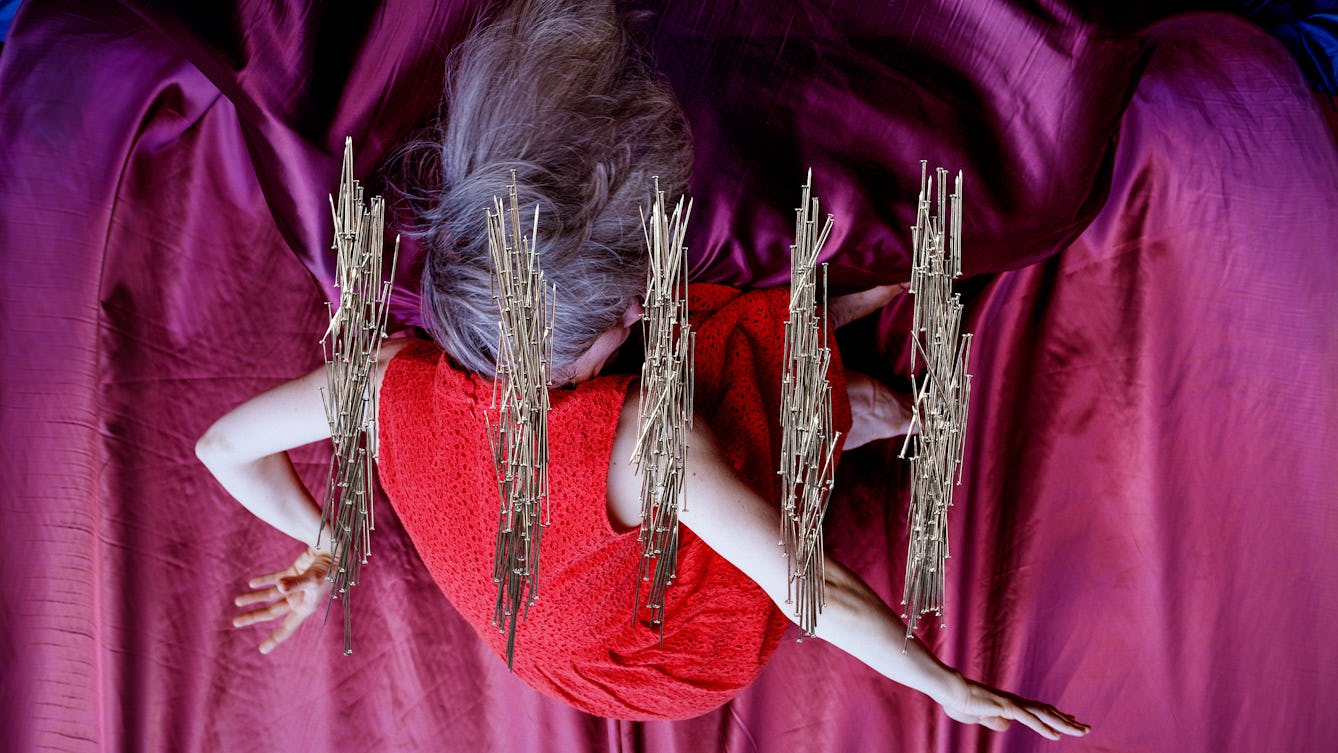
- Article
- Article
What is structural violence?
Structural violence is seemingly invisible. But its tentacles have invaded every part of many people’s lives, thoughts, experiences and expectations, shaping them in ways they don’t even realise.

- Article
- Article
Sun salutations and yoga synthesis in India
Surya namaskars, or sun salutations, have a long history in South Asia, but their place at the heart of modern yoga is more recent.
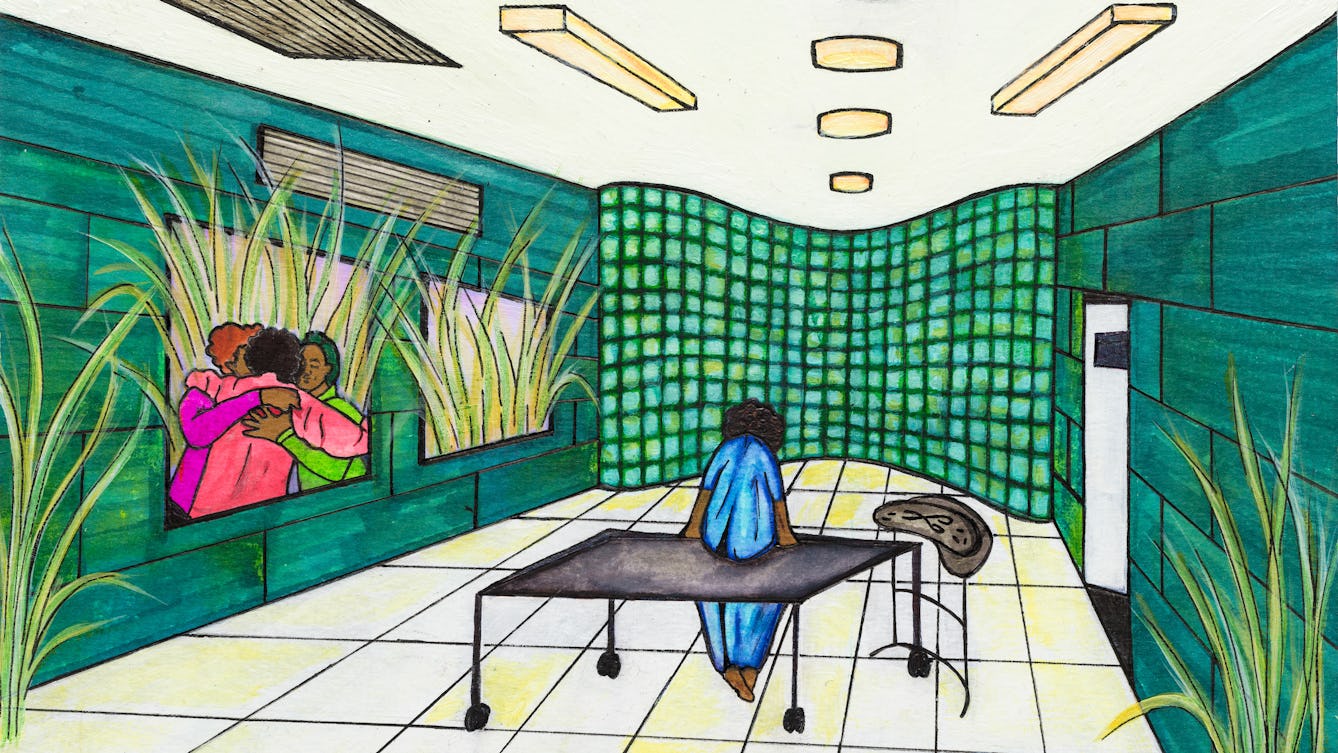
- Article
- Article
What Black women do when the NHS fails them
Sabrina-Maria Anderson explores misogynoir – hatred of Black women – within the NHS, and how women like her are consequently turning to other sources of medical support.

- Article
- Article
WhatsApp aunties and the spread of fake news
The advantages of WhatApp chat groups – especially as a cost-free way of keeping in touch with family around the world – make them fertile ground for the spread of bogus medical advice. Writer Rianna Walcott explores how to encourage ‘aunties’ in the community to question the truth of unattributed health hoaxes.

- Article
- Article
Guerrilla public health
From safe-use guides to needle exchange schemes, Harry Shapiro reflects on 40 years of drug harm reduction in the UK.

- Article
- Article
Going viral in the online anti-vaccine wars
‘Anti-vaxxers’ are taking their message online using powerful images as well as words. But is the pro campaigners’ response any better?
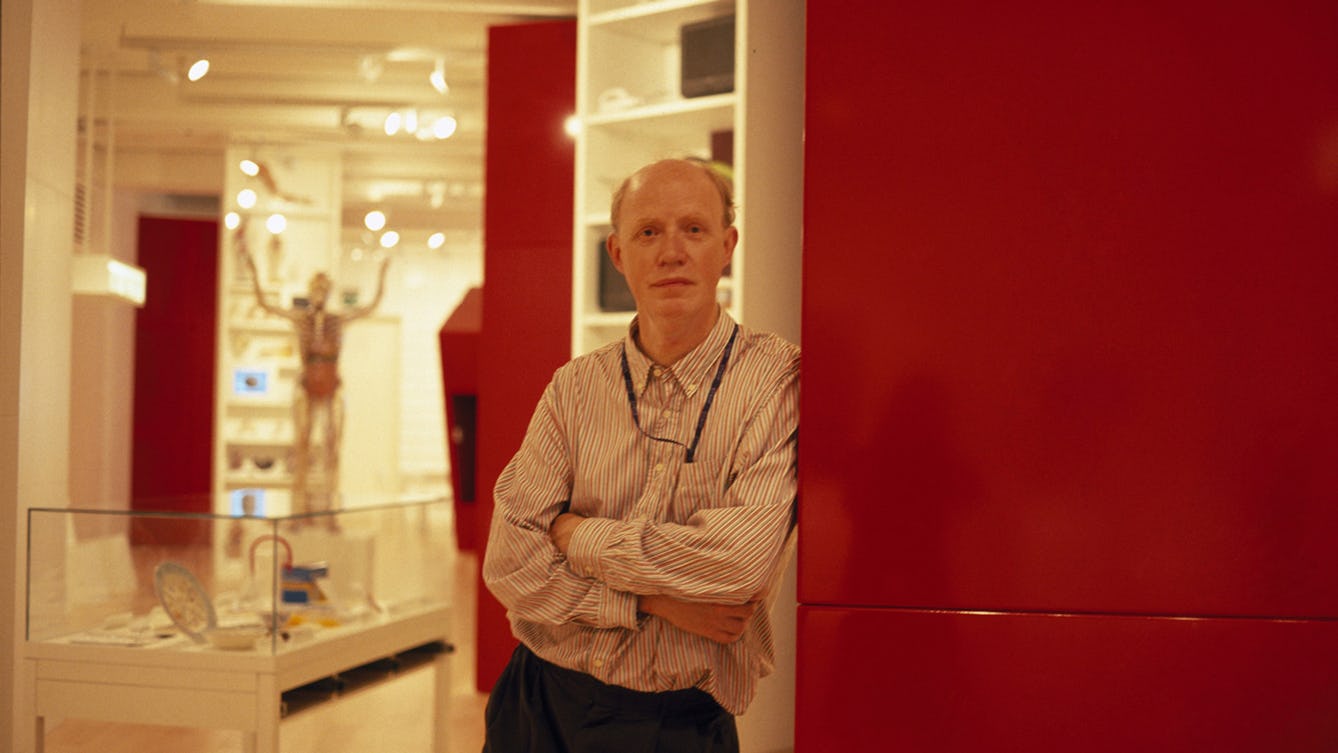
- Article
- Article
Ken’s ten: looking back at ten years of Wellcome Collection
Wellcome Collection founder Ken Arnold picks his favourite exhibits.
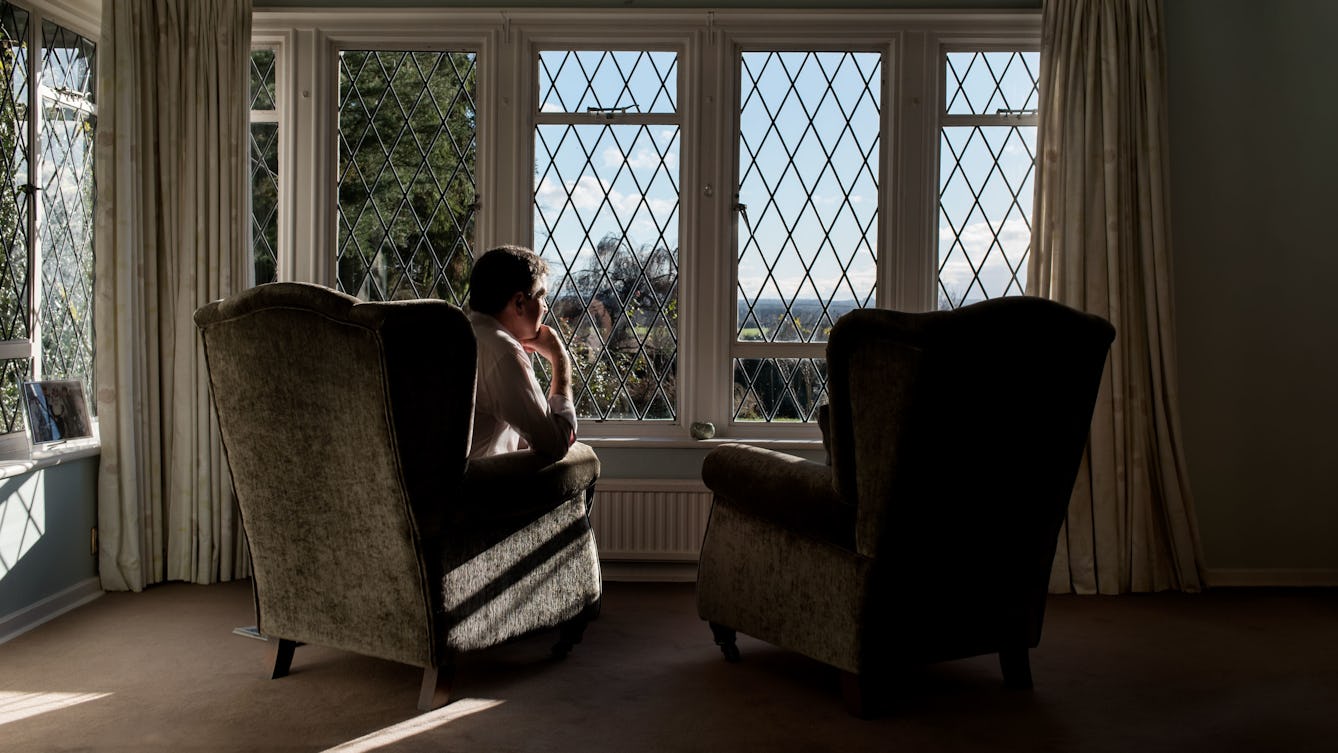
- Article
- Article
Sick of being lonely
When his relationship ended, Thom James first withdrew from the world, then began to suffer from illnesses with no apparent physical cause.

- Article
- Article
Hunting lost plants in botanical collections
A bark specimen at Kew recalls the story of a South American man who harvested the most potent source of the only effective malaria treatment available in the late 1800s. Killed for his work and forgotten by history, Manuel Mamani was a victim of the colonial juggernaut.
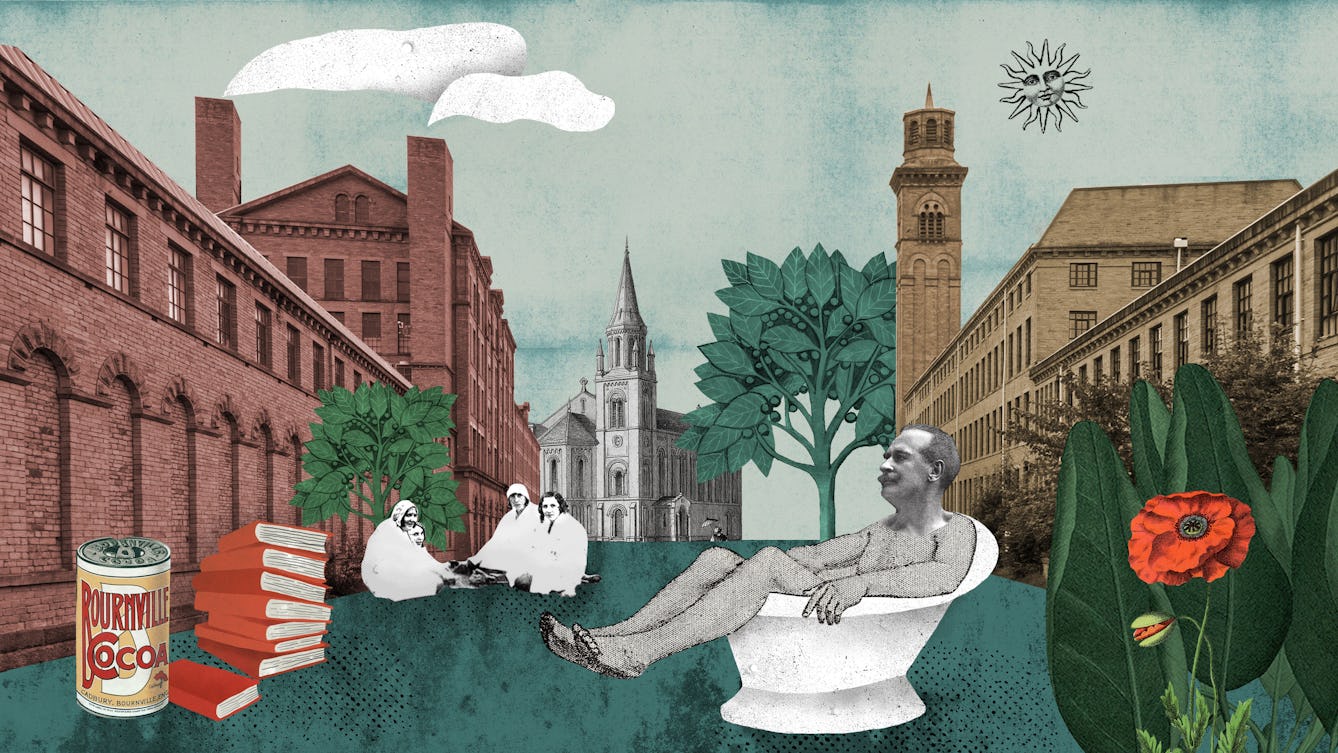
- Article
- Article
Homes for the hives of industry
By building workers’ villages, industry titans demonstrated both philanthropy and control. Employees’ health improved, while rulebooks told them how to live ideal lives.
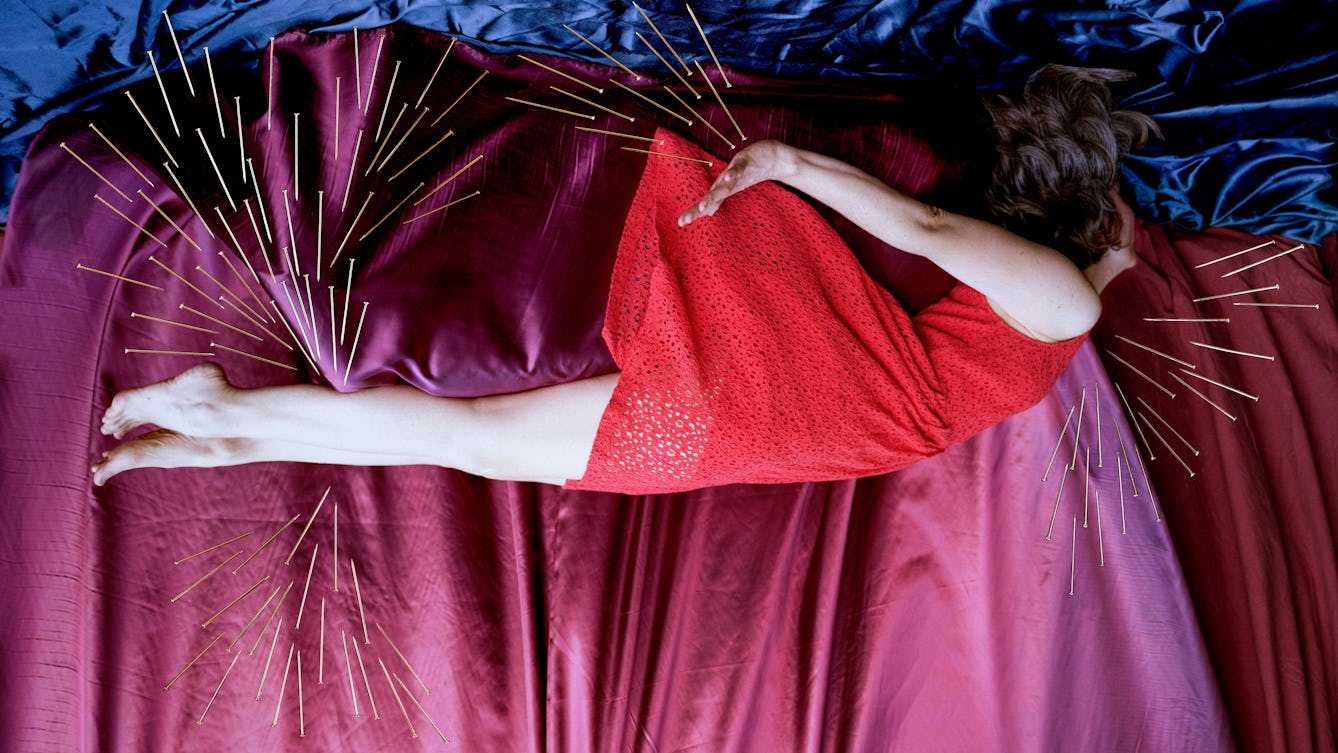
- Article
- Article
Where does violence come from?
The popular understanding of certain ideas in psychology have become so embedded that it’s easy to blame the parents when a young person commits a crime. Laura Bui looks to the past for evidence.

- Article
- Article
Pain and the power of activism
Today, women with endometriosis have more access to better information than ever before. Jaipreet Virdi applauds the shared stories, online communities and self-help books empowering women in pain.
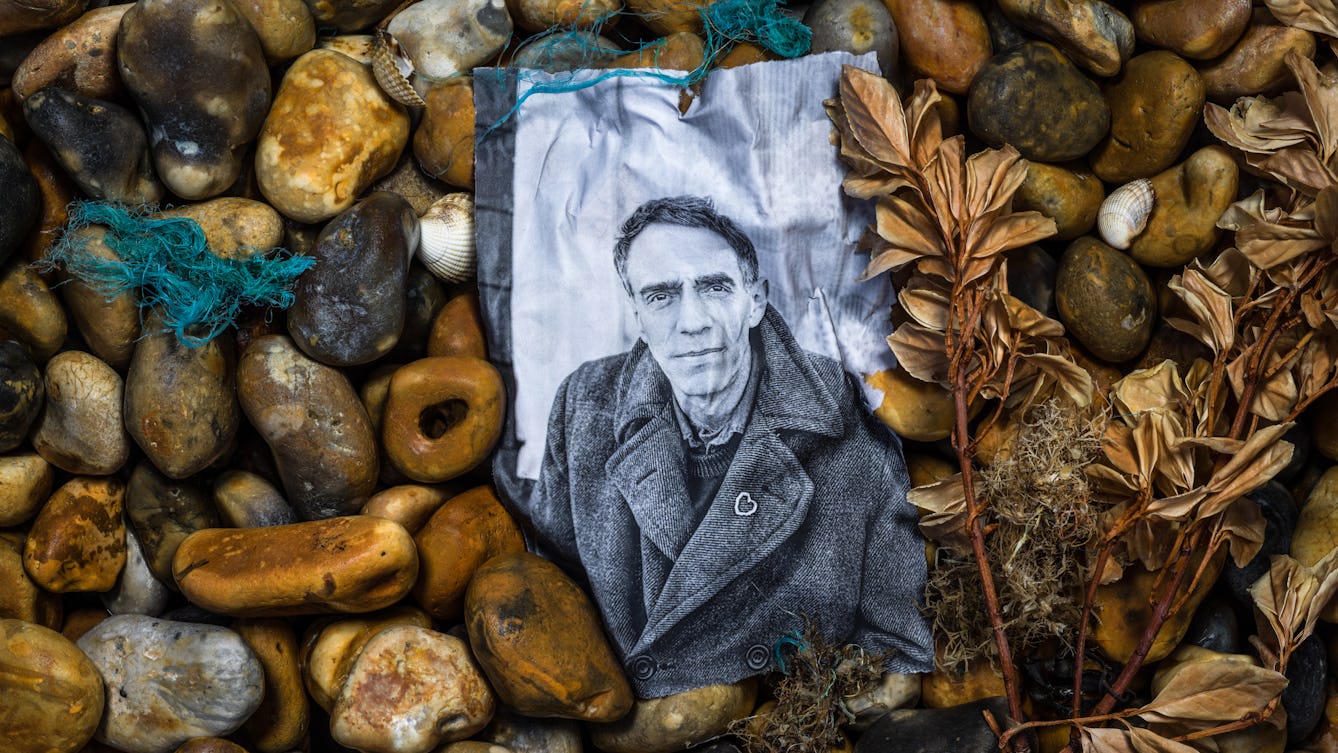
- Article
- Article
In the tracks of Derek Jarman’s tears
Researcher E K Myerson shares her moving encounters with the personal papers of artist and filmmaker Derek Jarman.
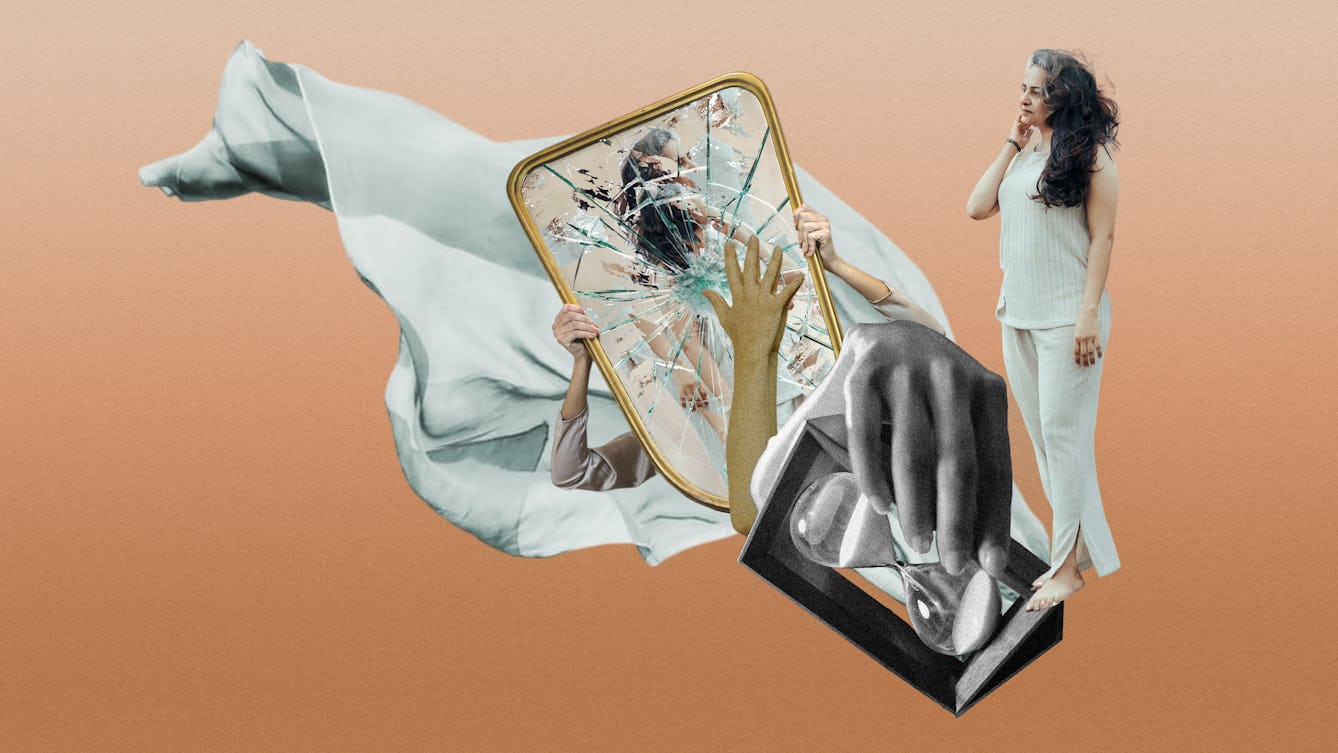
- Article
- Article
Invisibility
Why do menopausal women feel invisible? Because nobody talks about menopause or because society doesn't value older women?
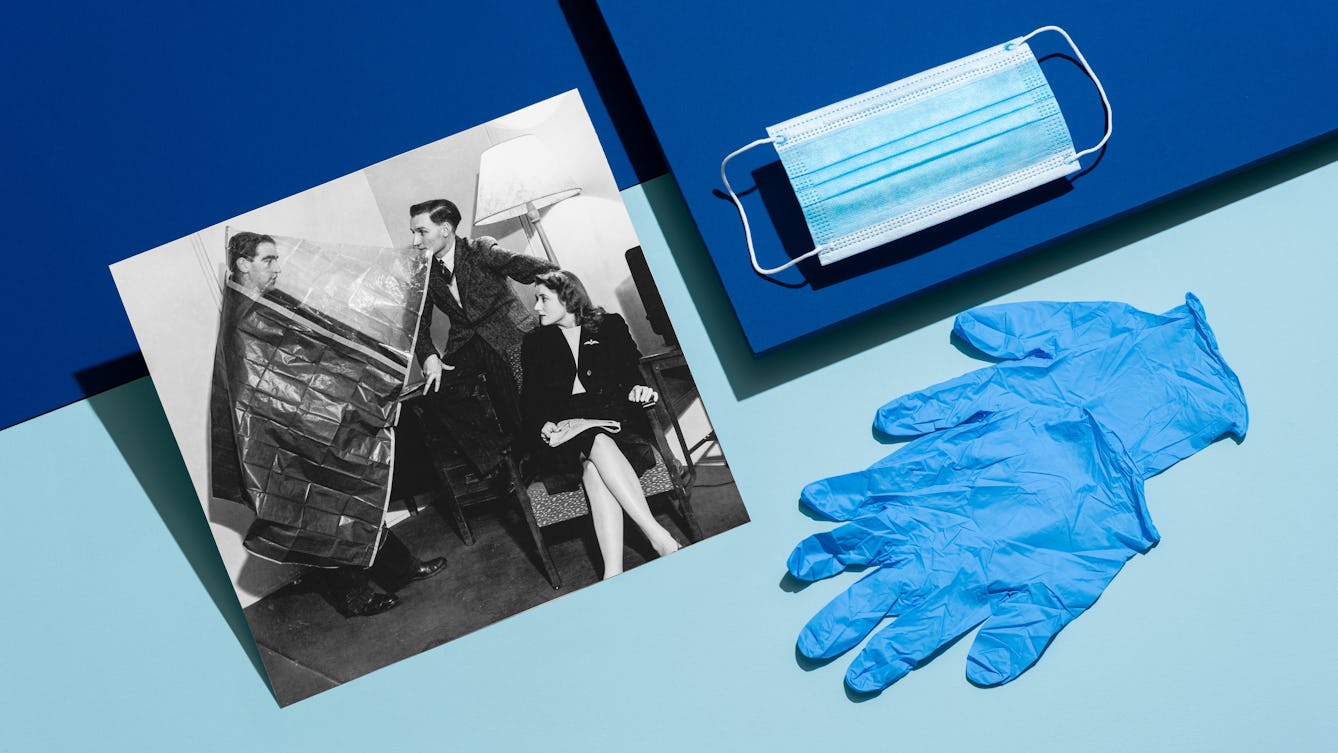
- Article
- Article
Remote romance and the common cold
Getting creatively romantic due to a virus sounds all too contemporary, but our archives show what socially distanced seduction looked like seven decades ago.